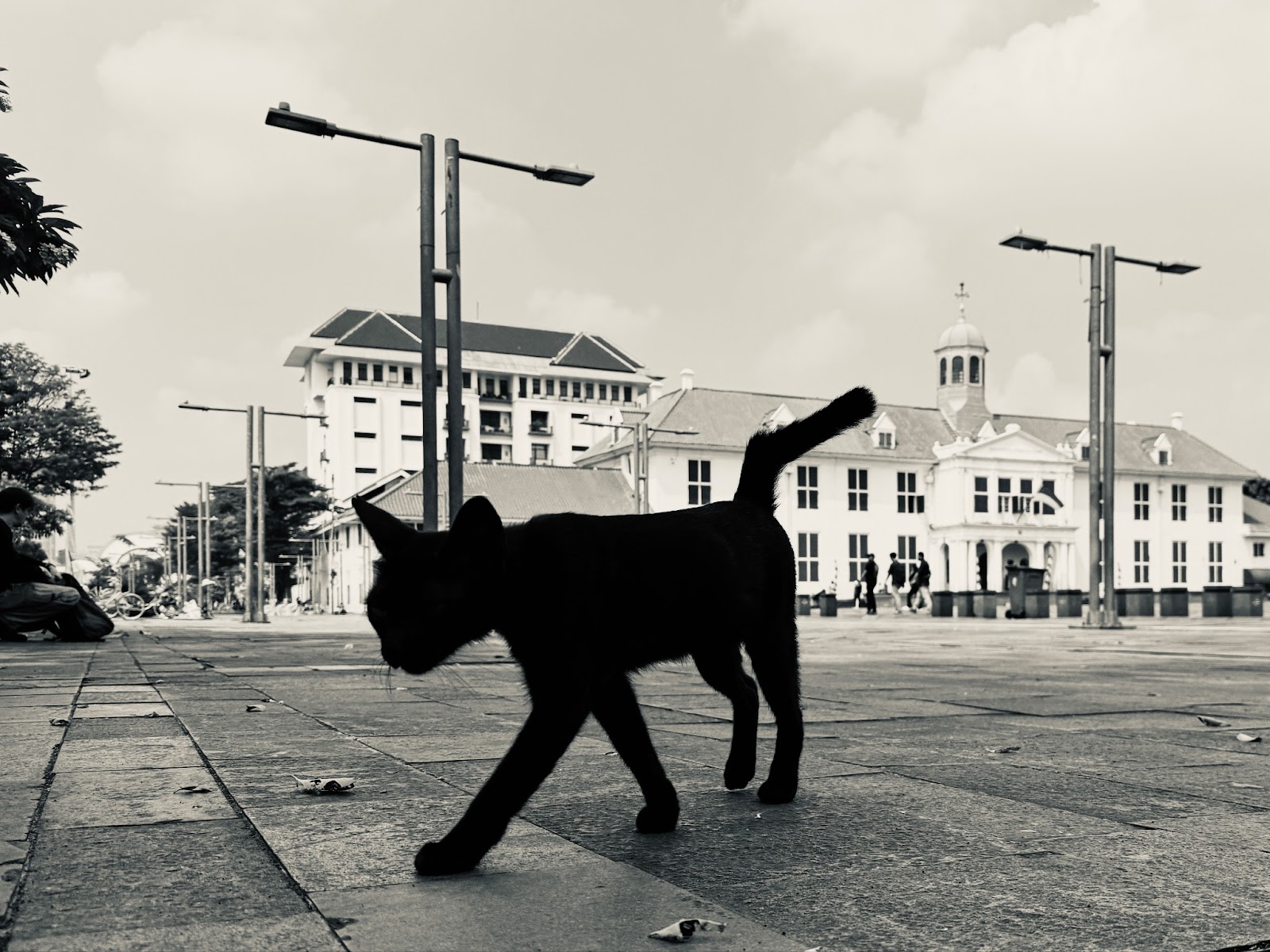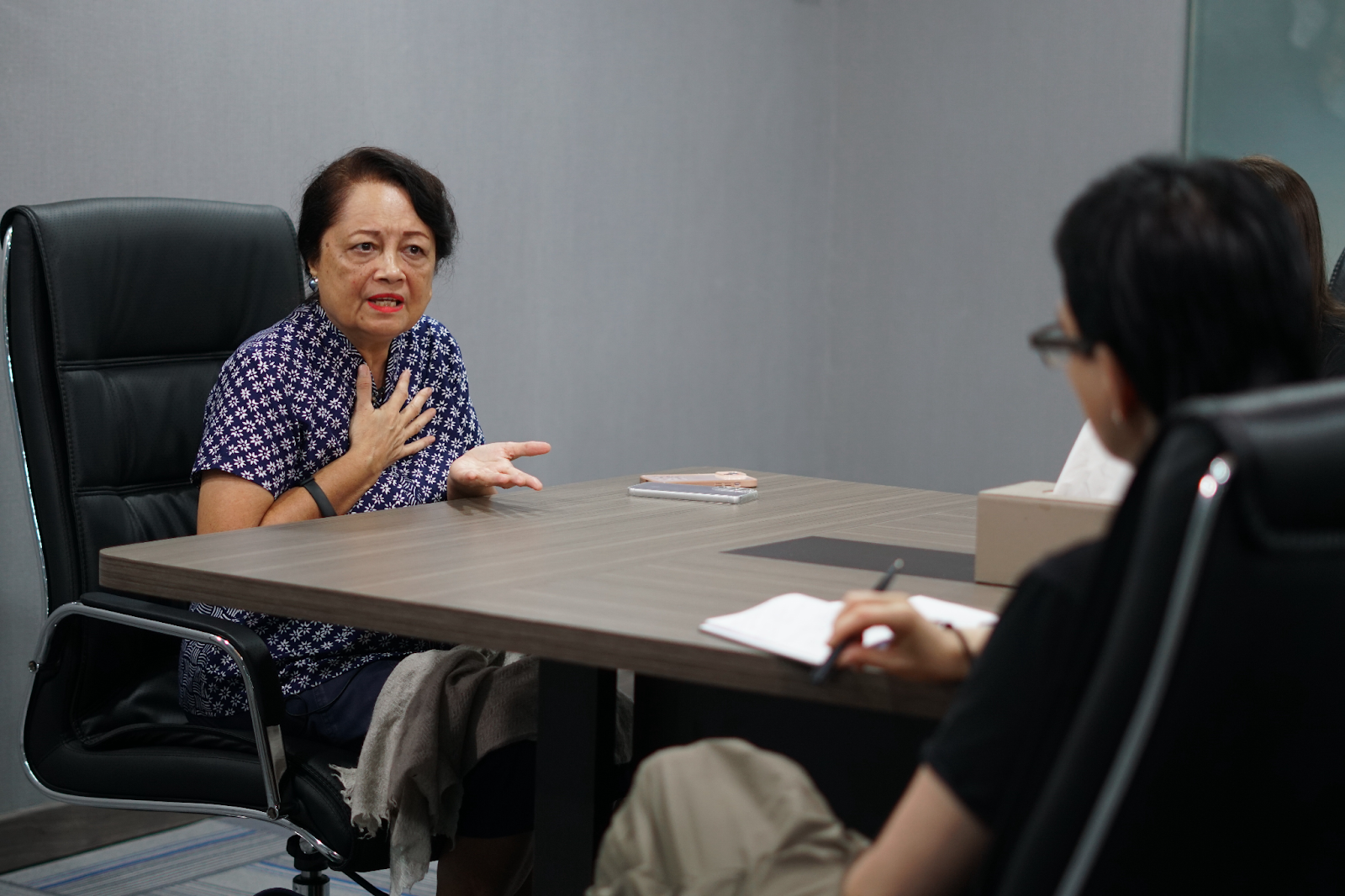(Read the first part here)
World War II laid down a series of safeguards in our recent history, which, if we stay in the Northern Hemisphere, seem universal. The inviolability of internationally recognized borders, the unacceptability of genocide. But even this is a matter of perspective. If you ask an Indonesian taxi driver what he knows about World War II, you will hear: it is the war that made Indonesia independent.
We digest this answer, slowly moving through the capital of the world's largest island nation, which has between 13,000 and 25,000 islands, according to various estimates. It all depends on what size of territory is considered an island (and how quickly the global sea level will rise, since global warming is the main local enemy: according to the gloomiest forecasts, a third of Jakarta will be underwater in the next 25 years). In fact, it was the colonizers who turned thousands of separate islands into one state: first the Portuguese, then the British, and later the Dutch came here for spices, which they then made crazy money with in completely different parts of the world. In fact, the name Jakarta (then Jayakarta) dates back to 1527, when the Demak Sultanate defeated the Portuguese fleet and captured the settlement where the white enemies were going to build a fort. That is how this place got its name: the city of victory, but it was not destined to be victorious for long. Soon, like the rest of Java and the surrounding islands, it became Dutch New India. Until the end of the 19th century, slavery flourished here, which the Dutch have only recently begun to acknowledge.

In Kota Tua, a small area in the north of Jakarta, bright buildings with large windows from the 17th-19th centuries have been preserved, as well as canals, which the Dutch, like the buildings, brought with them, giving the city regular outbreaks of malaria and other diseases: tropical mosquitoes loved the canals above all else. The habit of throwing all rubbish into the canals, as if they were rubbish bins, has remained with Indonesians to this day. In the tourist area, the waterways are still kept in decent condition, but a couple of kilometers away, around the local Chinatown, the canals have been turned into stinking garbage dumps.

Our taxi driver is, by and large, not mistaken. Even before the Japanese occupation, local poet, essayist, and journalist Sutan Takdir Alisjahbana actively promoted the Indonesian language as the main instrument of national identity, education, and modern literature — instead of colonial Dutch or regional languages such as Javanese or his native Minangkabau. At that time, the common Indonesian language was just emerging; more precisely, in 1928, Malay, the most widely spoken language in inter-island trade since the 13th century, was designated as such. Alisjahbana was convinced that the meaning of a national language lay in its flexibility, effectiveness, and readiness to meet modern needs, so he called for grammatical simplification, the introduction of modern vocabulary, and the transformation of the new Indonesian language into a language of intellectual discussion, not just everyday needs. The main platform for this in the 1930s was the magazine he founded. As you might guess, in 1942, the first ban imposed by the Japanese, who had captured Indonesia, was on Dutch, which was still the official language of the archipelago. Since no one had the opportunity to learn Japanese quickly (it is not easy even with today's teaching aids), the Japanese allowed the use of Indonesian for a certain period of time.
Many of Indonesia's national heroes of that time, after World War II, were often called collaborators: the father of the nation, Sukarno, cooperated from day one and even received an order from the emperor for this. The poet Alisjahbana headed the language office, modernizing the Indonesian language for three years. He invited doctors, engineers, and physicists to his office to write down the terms needed for high-quality intellectual communication. So when the Japanese left in 1945, Indonesia was already able to say in a completely modern language that it did not expect the Dutch to return and was striving for independence. Alisjahbana's daughter, 70-year-old writer Tamalia, staged a demonstration outside the Russian embassy in early March 2022. Her eyes are filled with tears as she tells us, “We owe Ukraine a huge debt. After all, in 1946, when we needed recognition in the UN, it was Ukraine's permanent representative Manuilsky who took up our cause...”
Few people in Ukraine know that from 1945 to 1949, Indonesia was fighting a war for independence. At first, the Dutch had no intention of giving up their colony, but then they tried to cut off everything that seemed unstable. Now Ukraine is fighting for independence, and Indonesia pretends to be neutral and categorically does not understand why Ukrainians need to resist. This is both the unresolved trauma of colonization and the consequences of the noticeable Islamization of recent years: even locals with higher education flinch at the word “West.” When I say, “In 2013, we wanted to join the EU, but our president didn't, so we had to protest...”, I sense cold surprise from my interlocutors. As if to say, “Are you sure you want to stick your fingers in a socket? You're adults, aren't you?” Here, we don't understand each other: the same European Union, which for us is the only way to keep our corrupt officials in power in a state that is tolerable for coexistence with them, is for the locals a tireless force that constantly tries to bend you and wring you dry. The same Russia, which for us is a rotten autocracy, ready to suffocate everything around it, just so it doesn't have to see how, literally next door, a week of democratic protest can lead to tangible results, is for the locals the successor to the Soviet Union, which provided noticeable help: submarines, food, and political services. Russian diplomats have sufficient resources, and no country is unimportant. Ukraine never had enough time for countries like Indonesia (even though it is part of the G20) until it was too late. You can't get to know someone and demand something from them at the same time. Especially here, in the country of rubber time.

Photo: Ardiansyah Arsha
And we actually have a lot to say about ourselves. “I had no idea that Muslims live in your country,” Tamalia admits. She ends her latest article, about Crimea, with the words: “The overwhelming majority of Orthodox Christians in Ukraine elected a Jewish president who appointed a Muslim as defense minister...” The head of the Mejlis, Refat Chubarov, was in Indonesia earlier this year, and meeting him made a strong impression on many. For a secular country (except a few regions where Sharia law applies), home to perhaps the largest Muslim population in the world, the Soviet and then Russian repression of Crimeans is a compelling argument. As is the Russian repression against its own minorities. Every new acquaintance in Jakarta shows more and more clearly that Russia or China here — and in other countries of this kind — cannot be bypassed in terms of numbers. We do not have enough money for bloggers, for “cultural exchange,” for financing a cultural center. A completely different information doctrine is needed here: similar to NATO's in its defense against the Soviet Union, which — as the allies immediately understood — could only be defeated qualitatively. Perhaps by reaching out to a generation that has not yet been brainwashed by Russian cultural exchanges. To the Jakarta peers of those who stood in front of the Theater of Franko in Kyiv a few weeks ago.
And for this to happen, several of my interlocutors of different ages — both Ukrainian and Indonesian — repeat almost word for word: it has to go viral.
Imagine it going viral in a country with a population of 280 million people.